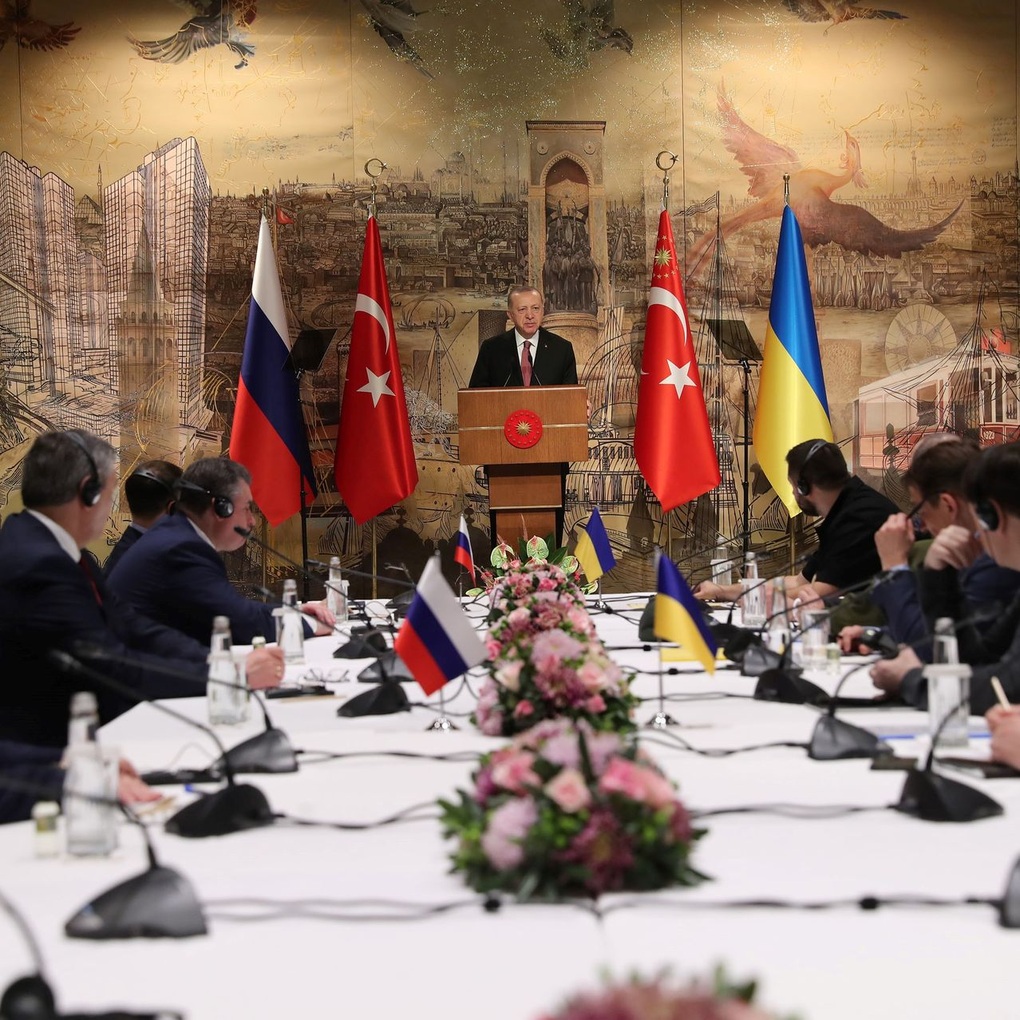
Turkish President Recep Erdogan speaks to Russian and Ukrainian delegations at peace talks in Istanbul on March 29, 2022 (Photo: Getty).
Ukraine's chief negotiator David Arakhamia points to a bottle of disinfectant gel on a table covered with a white cloth as Russian and Ukrainian peace delegations gather at the Dolmabahce Palace in Istanbul, Türkiye. "It's antiseptic," Arakhamia tells Russia's chief negotiator, Vladimir Medinsky, an adviser to President Vladimir Putin.
“Oh, I thought it was vodka,” Mr. Medinsky joked in response. But there was a lot of tension behind the important meeting on March 29, 2022.
Ukrainian Foreign Minister Dmytro Kuleban has publicly warned Ukrainian negotiators not to accept any drinks from the Russians and not to touch any surfaces to avoid the risk of being poisoned. After all, Russian forces remain at the gates of Kiev with the goal of quickly taking control of the Ukrainian capital.
What actually happened on that pivotal day and in the immediate aftermath has become a key point of contention between Ukraine, Western nations and Russia. The Istanbul meeting has also emerged as a major point of contention in the US’s own debate over the war, with Washington’s vital aid to Ukraine still stalled in Congress over Republican opposition. Some have argued that Ukraine itself missed its chance at the time to end the fighting.
The first meeting between Ukrainian and Russian negotiators took place on February 28, 2022, in the city of Gomel, Belarus, four days after Russian tanks crossed the Ukrainian border. At that meeting, Mr. Medinsky presented a long list of demands from the Kremlin, including the replacement of President Zelensky's government or the Ukrainian army handing over all tanks and artillery to Russia...
"We listened to them and realized that these were not people sent to negotiate, but to convince us to surrender," recalled Mykhailo Podolyak, one of the Ukrainian negotiators and Zelensky's advisers. However, to buy time, the Ukrainian side agreed to continue the negotiations.
On March 10, Foreign Minister Kuleba flew to the Turkish resort town of Antalya to meet his Russian counterpart Sergei Lavrov, in the first meeting between the two countries’ top diplomats since the conflict began. “I asked Lavrov a simple question behind closed doors in Antalya: Minister, what do you want? That’s all I wanted to know,” Foreign Minister Kuleba recalled.
Lavrov did not respond, instead making the usual Russian accusations that Ukraine had become a neo-fascist state and was bent on destroying Russia. However, the two eventually agreed to proceed with further talks in Istanbul.
In the 19 days between the Antalya meeting and the Istanbul talks, the situation on the battlefield changed dramatically in Ukraine’s favor. All around Kiev, Ukrainian forces repeatedly surprised Russian forces.
Throughout the negotiations, the issue of Ukraine’s membership in NATO has been a key part. In the first weeks of the war, President Zelensky indicated that Ukraine could abandon its dream of joining NATO in exchange for binding security guarantees from the West as well as Russia. Kiev negotiators have also shown flexibility in the face of Moscow’s demands to reduce the size of Ukraine’s military and freeze the issue of who controls the Crimean peninsula.
When Turkish President Recep Erdogan opened talks in Istanbul on March 29, the Ukrainian delegation’s task was to persuade Russia to withdraw its troops to pre-conflict positions and demonstrate openness on a range of key issues, with the goal of reaching an agreement before the scheduled meeting between Presidents Putin and Zelensky.
Russia’s main demand, in addition to Ukraine not joining NATO, was to limit the country’s ability to defend itself in the future. According to draft documents later made public by President Putin, Moscow wanted Ukraine’s armed forces to be limited to 85,000 troops, 342 tanks and 519 artillery pieces. Ukrainian negotiators apparently accepted that, but proposed a force of 250,000 troops, roughly the same as before the conflict, 800 tanks and 1,900 artillery pieces.
As the conference began, Russian Defense Minister Sergei Shoigu made a dramatic announcement from Moscow: the main goals of Russia's "special military operation" had been largely achieved.
Hours later, Mr. Medinsky appeared at a press conference in Istanbul with even more surprising news: the talks that had taken place that day had made significant progress and Moscow had decided to take steps to de-escalate the conflict. Under attack, Russian troops began withdrawing from the Kiev region and other areas in northern Ukraine.
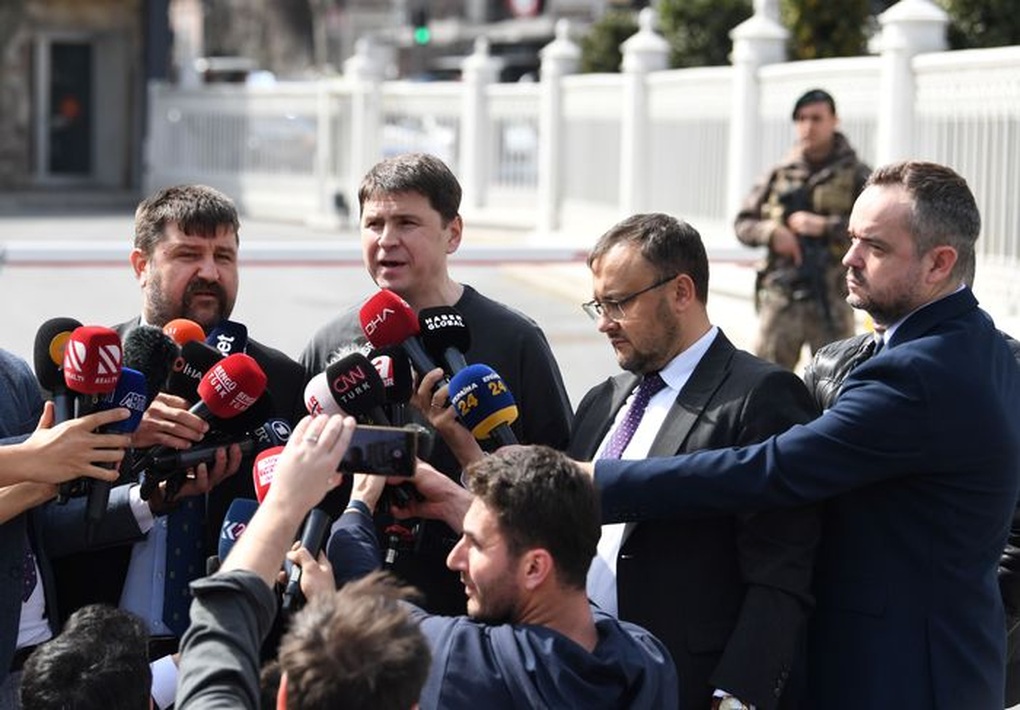
Ukrainian President's adviser and negotiator Mykhailo Podolyak (center) speaks to reporters after talks in Istanbul on March 29, 2022 (Photo: Getty).
According to the Russian side, Ukrainian negotiators in Istanbul accepted most of Moscow's demands. "In fact, agreements have been reached," President Putin announced a few months later. "Our troops have left the center of Kiev, to create conditions" for further negotiations aimed at concluding a peace agreement.
However, Ukraine has strongly objected to this. According to Foreign Minister Kuleba, neither side made any binding commitments in Istanbul. "There was no agreement," he said, stressing: "Participating in negotiations and committing to something are two completely different things."
Events in Bucha
On the evening of March 29, as negotiators met in Istanbul and planned to convene the next round of talks, Ukrainian troops entered the town of Bucha near Kiev. What the Ukrainians say they discovered there has sparked debate about what both sides achieved in Istanbul.
It was a horrific scene: dozens of bodies lying rotting in the rain on Yablunska Street and the surrounding area. Some victims had lost limbs, while others looked mortified. More than 450 civilians were killed in Bucha. Ukrainian authorities blamed Russian forces for the incident, which took control of the town before withdrawing in late March 2022.
When videos allegedly shot in Bucha went viral on social media, President Zelensky was furious, as were most Ukrainians. So while Ukrainian and Russian negotiators remained in touch and edited the document drafted in Istanbul the week before, President Zelensky signaled that what was discovered in Bucha changed everything.
“What happened here is genocide,” Mr Zelensky said, looking grim during a visit to the town – his first time outside Kiev since the conflict began. “It’s hard to continue talking when you see what happened here,” the Ukrainian leader said.
However, Russia has completely denied the accusations and said that this is false information staged by Kiev to smear Moscow and create a pretext for action. "It is a clear provocation," the Russian Foreign Minister said. The Russian Defense Ministry stated that no Ukrainian civilians in the town of Bucha were harmed. Mr. Medinsky accused Ukraine of staging the incident in Bucha.
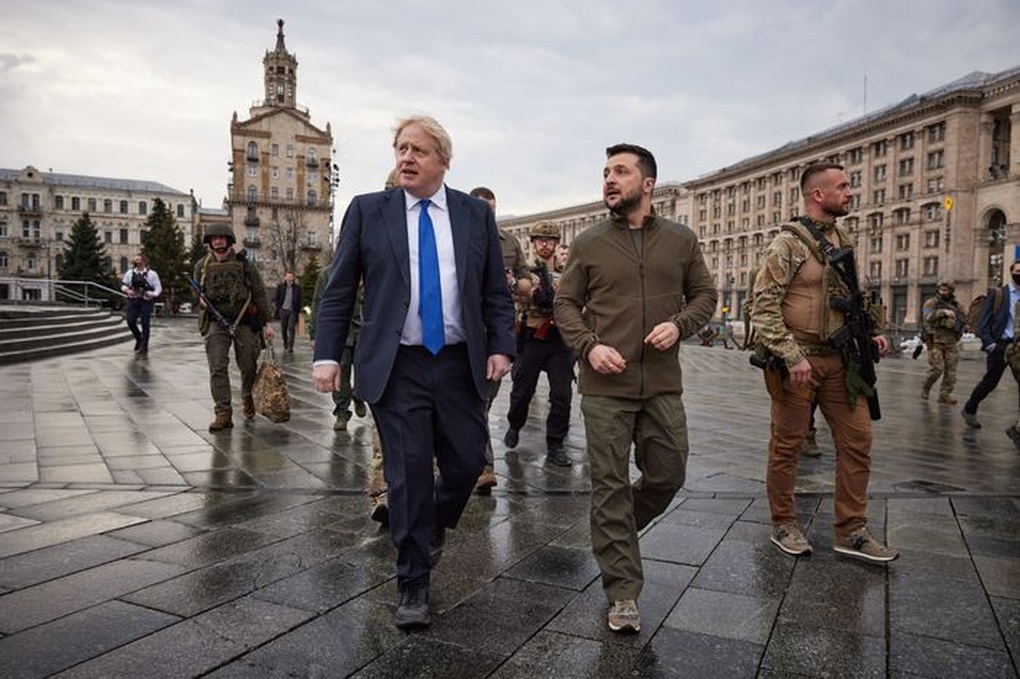
President Zelensky welcomed British Prime Minister Johnson to Kiev in April 2022 (Photo: Getty).
On April 9, 2022, British Prime Minister Boris Johnson arrived in Kiev, becoming one of the first Western leaders to make such a visit since the conflict began. During the conversation, President Zelensky did not need much convincing, Prime Minister Johnson quickly moved on to specific ways in which the UK could support the Ukrainian armed forces, such as providing military supplies.
It was the first trickle in a wave of increasingly modern Western weapons arriving in Ukraine. And of course, along with this, online talks between the Russian and Ukrainian delegations broke down.
At the Kremlin, President Putin said Washington, not London, had forced Mr Zelensky to abandon negotiations in the hope of exhausting Russia in a protracted conflict.
President Zelensky's new position, unchanged since then, is to demand that Russia withdraw all troops from all Ukrainian lands, including the Crimean peninsula, and prosecute Russian officials accused of "committing war crimes".
Source


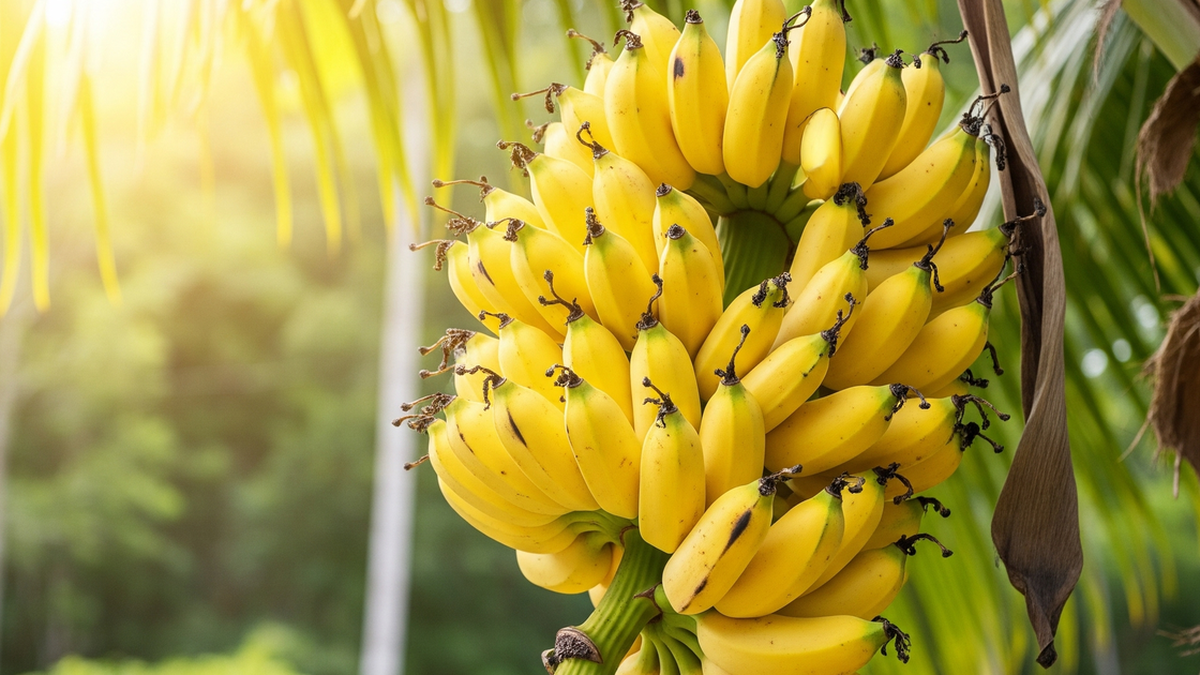
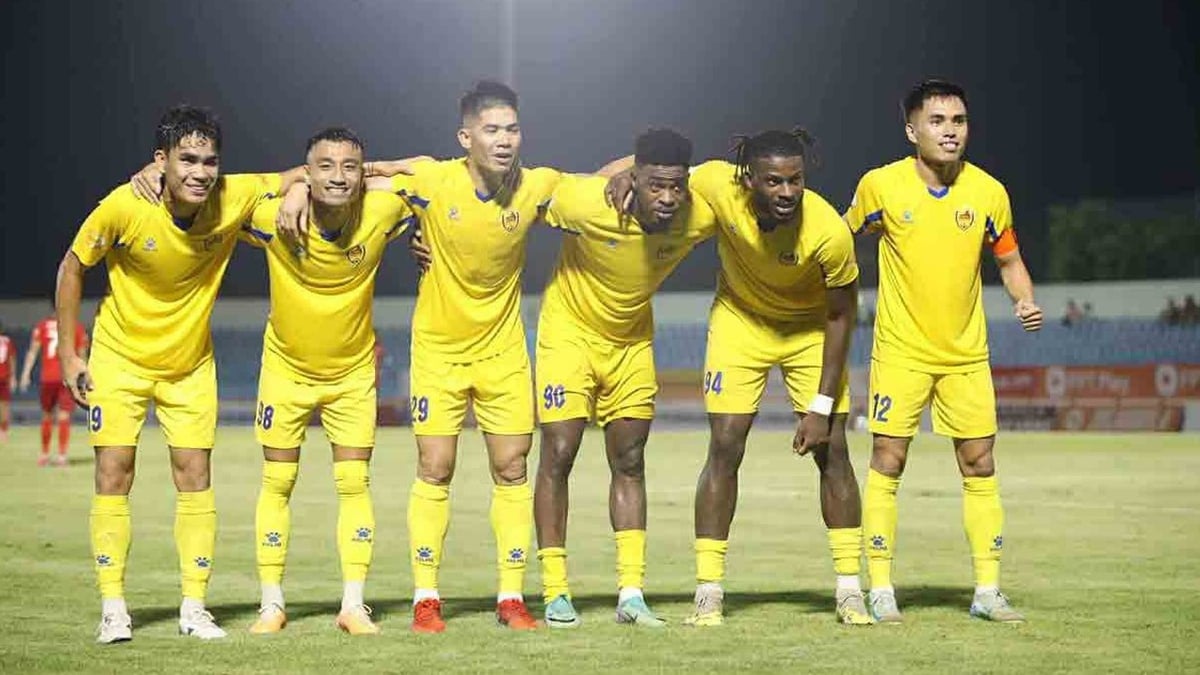
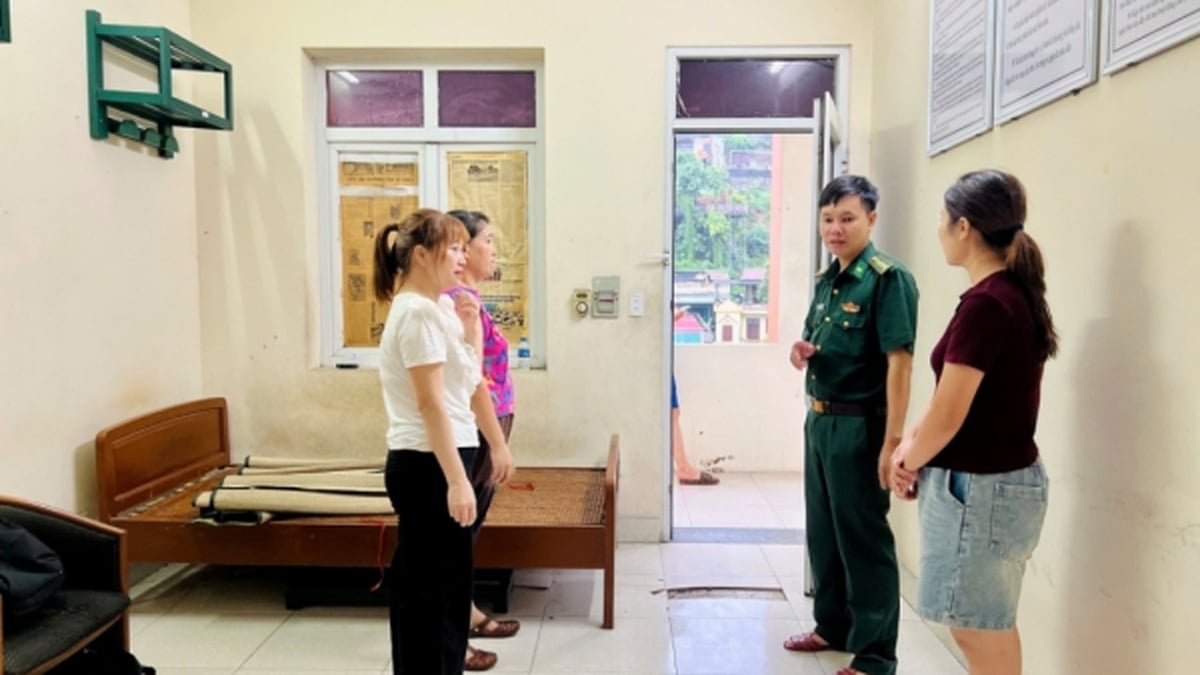
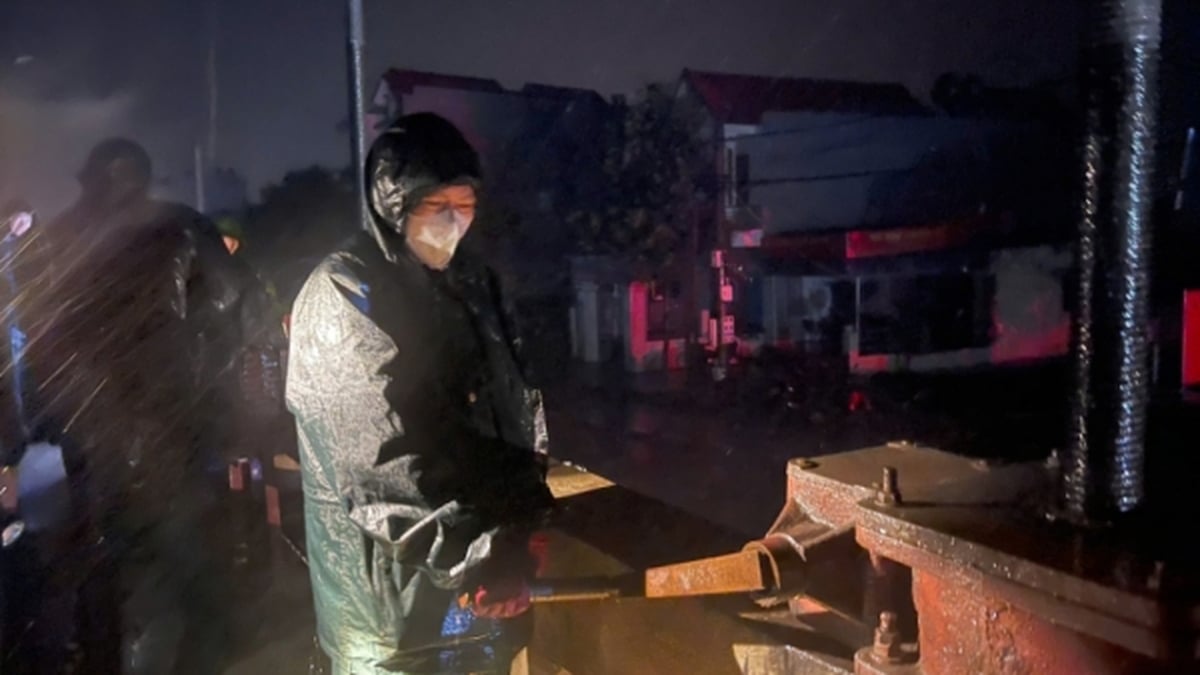
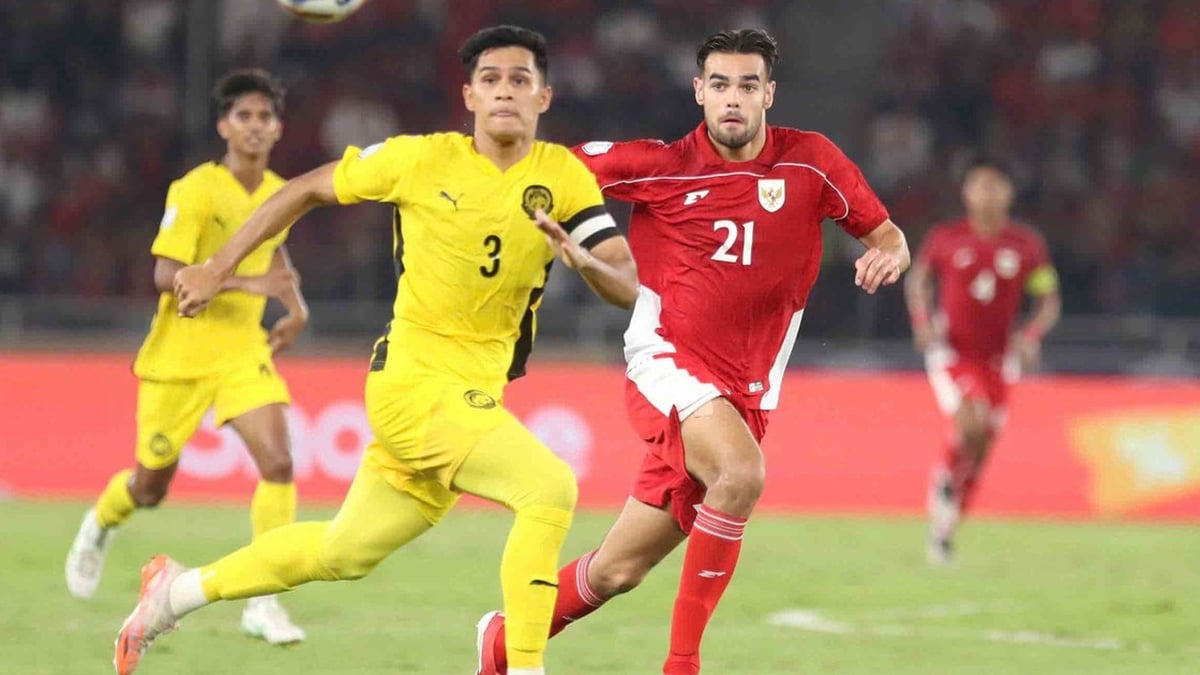
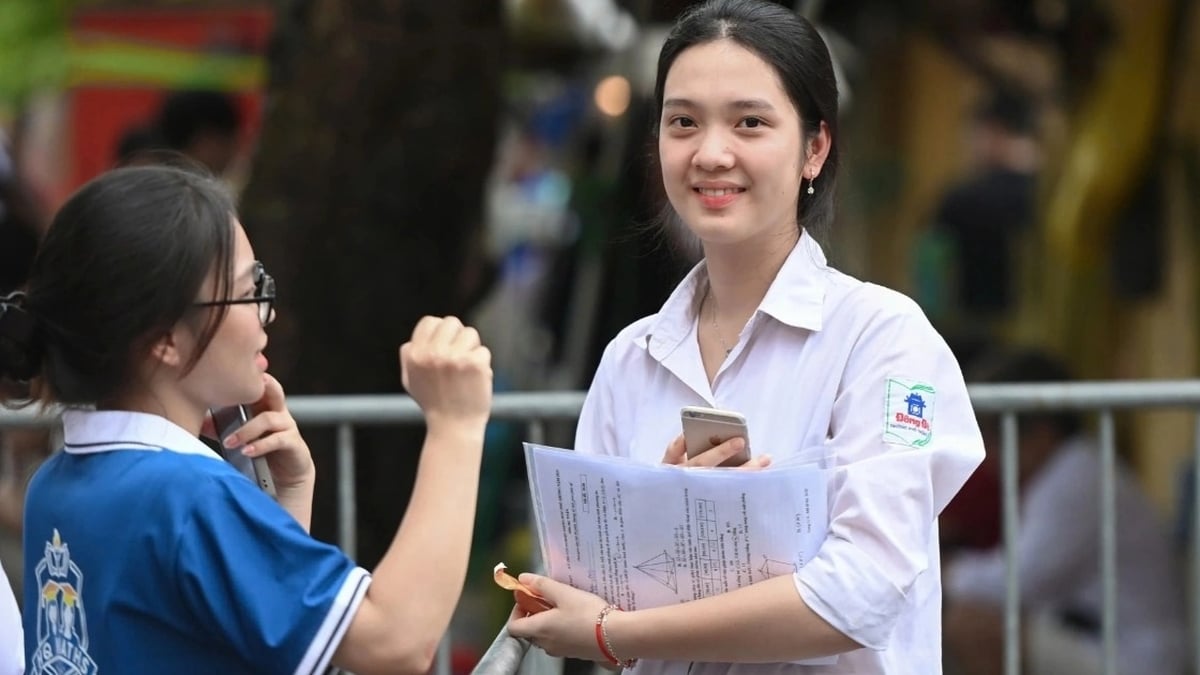
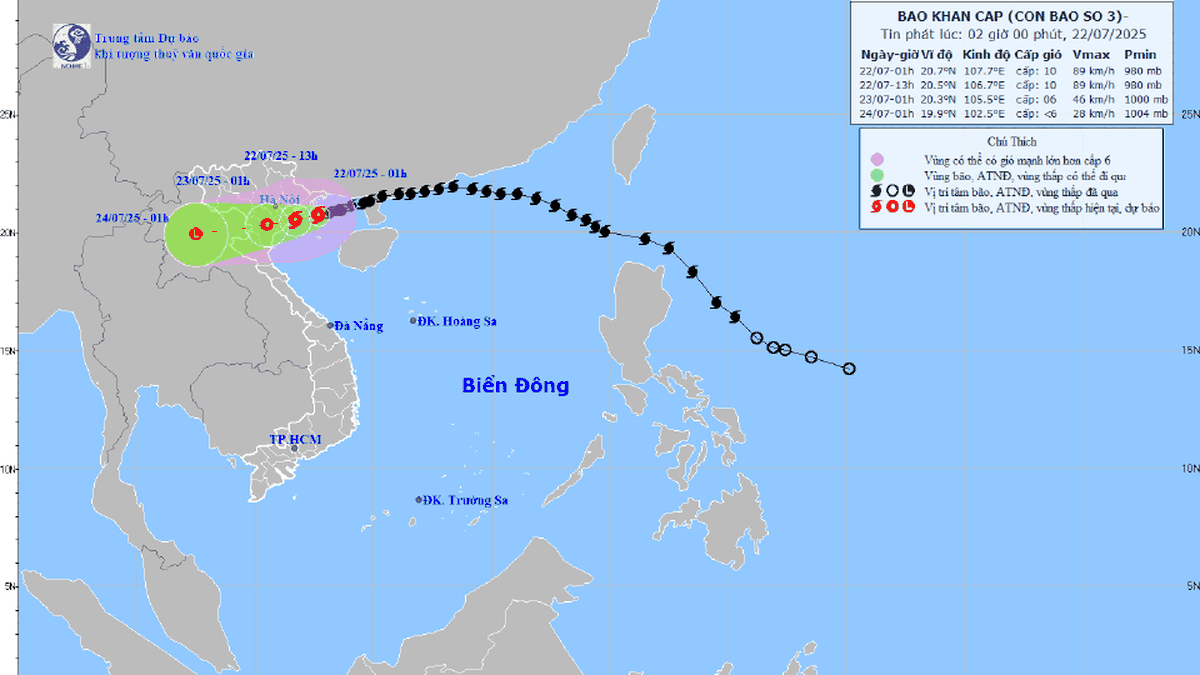

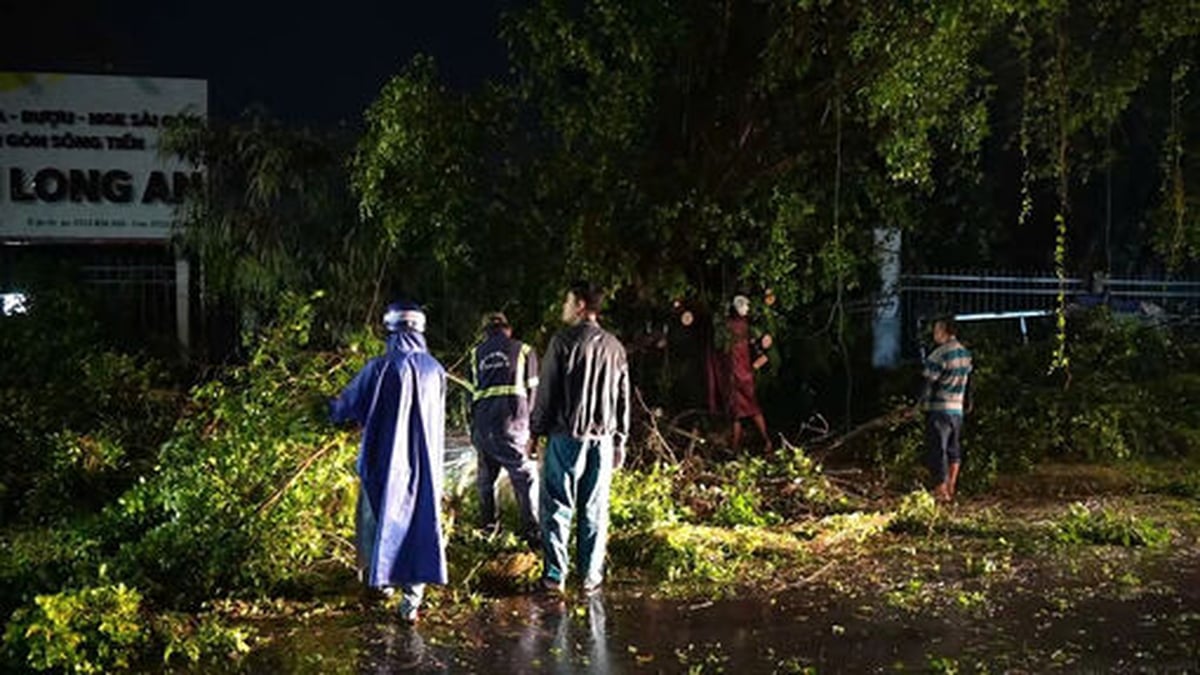
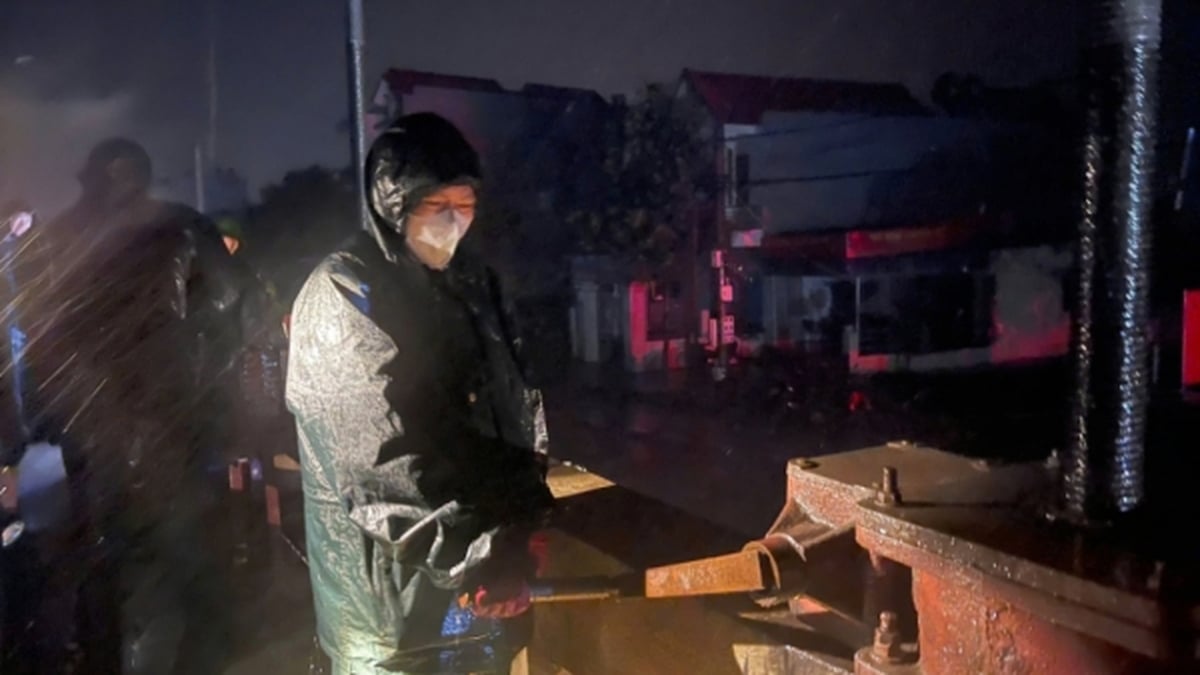














![[Photo] National Assembly Chairman Tran Thanh Man visits Vietnamese Heroic Mother Ta Thi Tran](https://vphoto.vietnam.vn/thumb/1200x675/vietnam/resource/IMAGE/2025/7/20/765c0bd057dd44ad83ab89fe0255b783)










































































Comment (0)